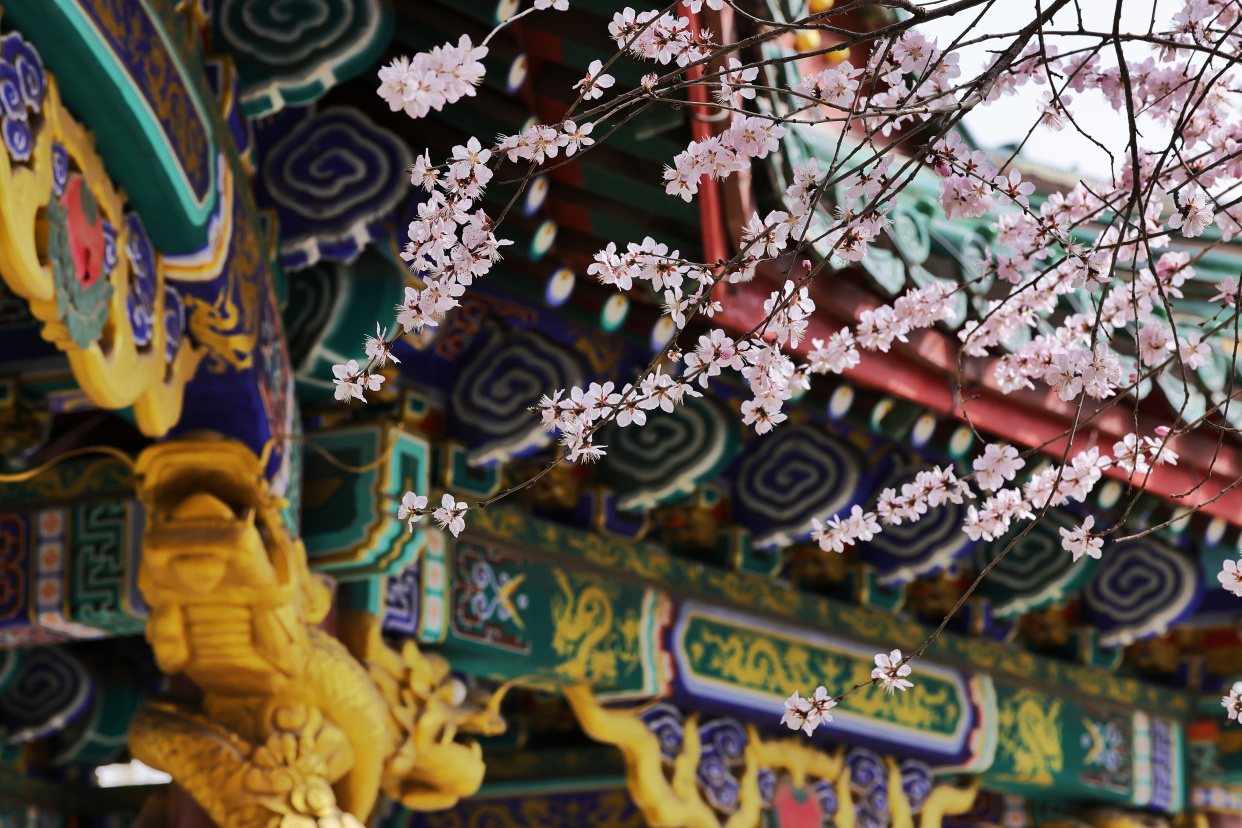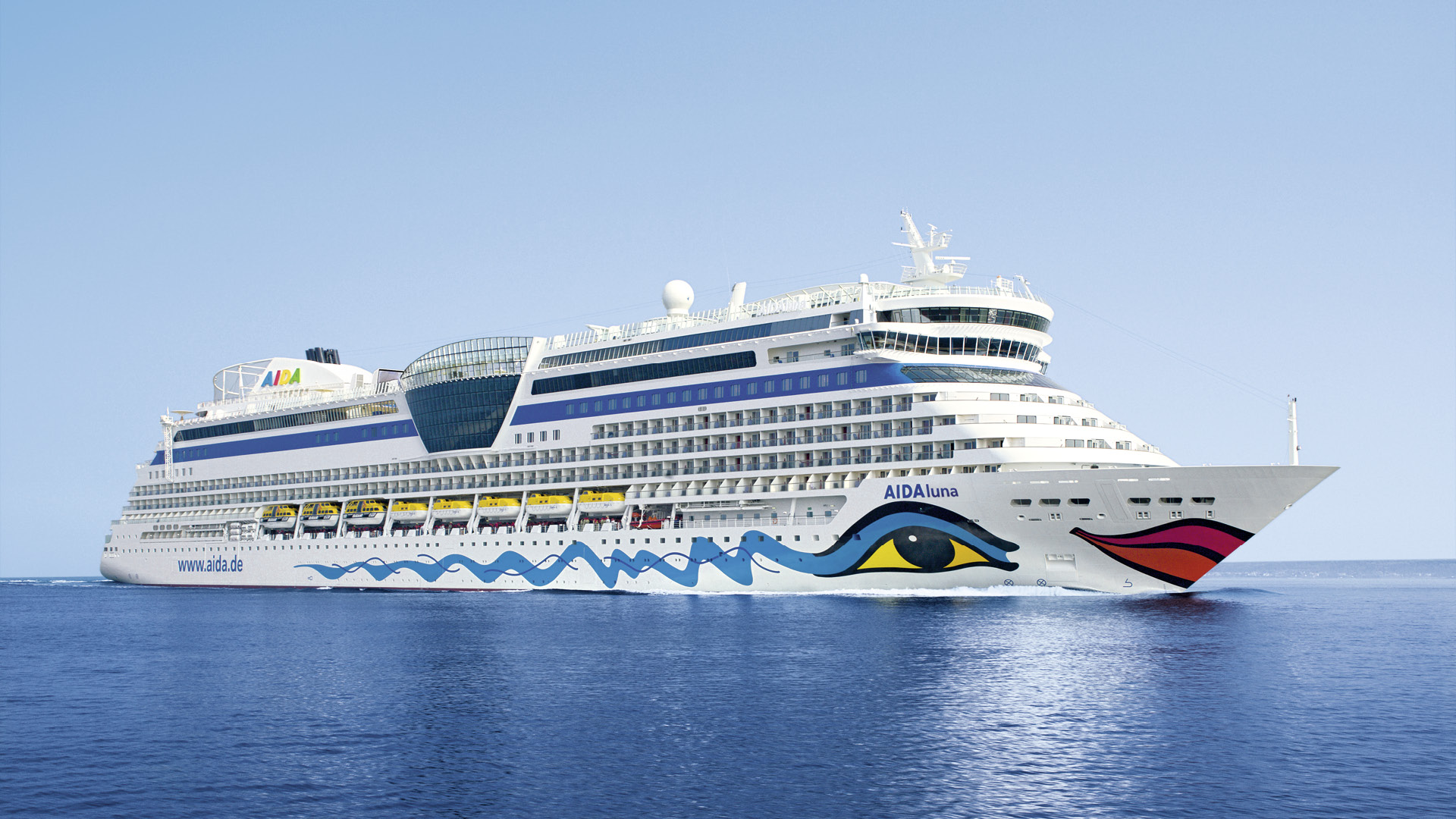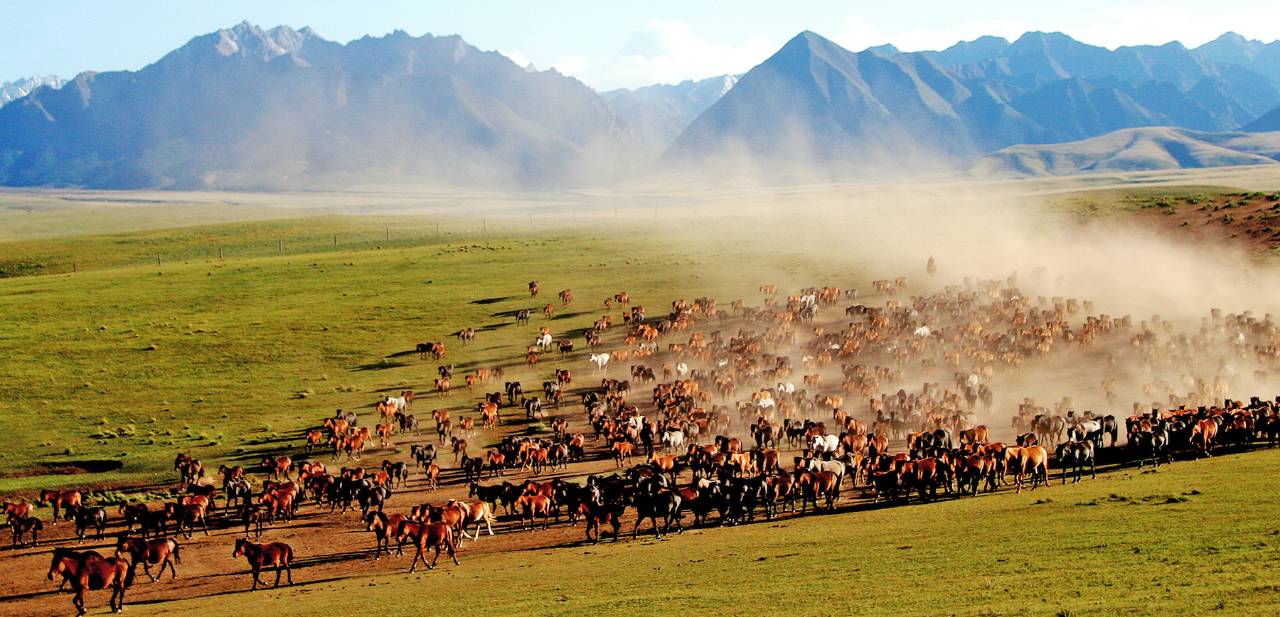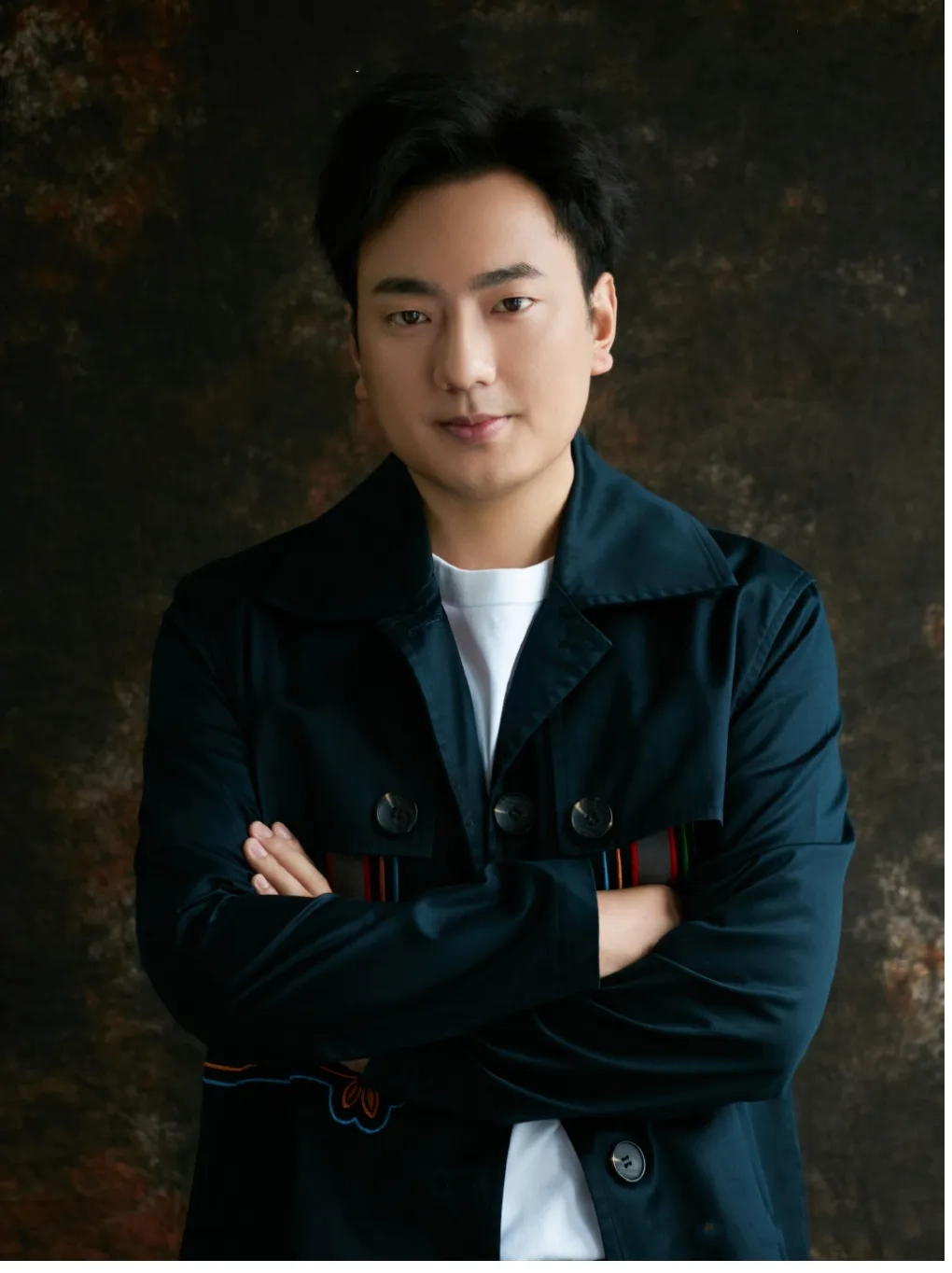




发行磁带上的歌手姓名列表(共112名,按照姓名笔画排列):
丁武,于佳易,于海燕,于静燕,马晓艺,马凌彦,王兰,王虹,王迪,王立森, 王洁实,王路明,方逊,方智,方霆,方霈,韦唯,毛阿敏,田鸣,田震, 庄鲁迅,吕邦银,吕仰平,傅迪声,刘谷,刘岩,刘欣茹,刘巍巍,刘建国,朱桦, 成方圆,任雁,牟杰,牟玄甫,华欣,迟飞飞,托雅,孙国庆,孙英华,乔姗, 乔晓彬,杜雷,吴晓芸,吴晓虹,吴晶晶,刑岩,劳俊浩,时延燕,许丽娟,陈莉丽, 陈梅荣,应楠,宋明华,李征,李泰波,李爱萍,李方方,李玲玉,张暴默,张世柱, 张伟进,张燕妮,张海波,张青,张晶,张宝国,张彤,张锡瑾,张波,张静, 尚凤琴,郑绪岚,周峰,岳娜,岳彩帼,姜浩东,孟地,赵金华,赵雅林,赵刚, 赵大为,赵丽,林静,柳培德,胡晓晴,胡斌,胡月,胡寅寅,胡佑山,胡平, 相青,郭容,郭鸣凤(应为郭鸣岚),祁竺蕾,徐小燕,徐明,索宝丽,贾燕,黄红英,黄强, 崔健,常宽,梁竹,曾咏贤,程伟,蒋强,紫沙莉,蔡其平,蔡国庆,蔡金梁, 谢莉斯,霍永承
其中田震参与了录音,但未出现在演唱会现场。


不要问 不要说
一切尽在不言中
这一刻 偎着烛光
让我们静静地度过
莫挥手 莫回头
当我唱起这首歌
怕只怕 泪水轻轻地滑落
愿心中 永远留着我的笑容
伴你走过每一个春夏秋冬
几许愁 几许忧
人生难免苦与痛
失去过
才能真正懂得去珍惜和拥有
情难舍 人难留
今朝一别各西东
冷和热 点点滴滴在心头
愿心中 永远留着我的笑容
伴你走过每一个春夏秋冬
伤离别 离别虽然在眼前
说再见 再见不会太遥远
若有缘 有缘就能期待明天
你和我重逢在灿烂的季节
伤离别 离别虽然在眼前
说再见 再见不会太遥远
若有缘 有缘就能期待明天
你和我重逢在灿烂的季节
若有缘 有缘就能期待明天
你和我重逢在灿烂的季节
不要问 不要说
一切尽在不言中
这一刻 偎着烛光
让我们静静地度过
莫挥手 莫回头
当我唱起这首歌
愿心中留着笑容
陪你度过每个春夏秋冬





男:我们好像在哪见过 你记得吗
女:好像那是一个春天 我刚发芽
男:我走过
女:没有回头
男:我记得
女:我快忘了
男:我们好像在哪见过 你记得吗
女:记得那是一个夏天 盛开如花
男:我唱歌
女:没有对我
男:但我记得
女:可我快忘了
男:我们好像在哪见过 你记得吗
女:好像那是一个秋天 夕阳西下
男:你美得让我不敢和你说话
女:你经过我时风起浮动
合:我的发
男:我们好像在哪见过 你记得吗
女:记得那是一个冬天 漫天雪花
男:我走过
女:没有回头
男:我记得
女:我快忘了
男:我们好像在哪见过 你记得吗
女:那时你还是个孩子 我在窗棂下
男:我猜着你的名字刻在了墙上
女:我画了你的模样对着弯月亮
男:我们好像在哪见过 你记得吗
女:当我们来到今生 各自天涯
男:天涯相望今生面对谁曾想
女:还能相遇一切就像
合:梦一样
我们好像在哪见过


长亭外 古道边 芳草碧连天
晚风拂柳笛声残 夕阳山外山
天之涯 地之角 知交半零落
一壶浊酒尽余欢 今宵别梦寒
长亭外 古道边 芳草碧连天
晚风拂柳笛声残 夕阳山外山
长亭外 古道边 芳草碧连天
晚风拂柳笛声残 夕阳山外山
天之涯 地之角 知交半零落
一壶浊酒尽余欢 今宵别梦寒
长亭外 古道边 芳草碧连天
晚风拂柳笛声残 夕阳山外山
天之涯 地之角 知交半零落
一壶浊酒尽余欢 今宵别梦寒
长亭外 古道边 芳草碧连天
晚风拂柳笛声残 夕阳山外山

Dominio de Pingus is a Spanish winery located in Quintanilla de Onésimo in Valladolid province with vineyards in La Horra area of the Ribera del Duero region. The estate's flagship wine, Pingus, is considered a "cult wine", sold at extremely high prices while remaining very inaccessible,[1][2] and commands an average price of $811 per bottle.[3]
The winery also produces a second wine, Flor de Pingus, and a special cuvée, Ribera del Duero "Amelia". Recently, Dominio de Pingus has founded a joint project with local grape producers to make an old vine tempranillo called "PSI".
Dominio de Pingus was established in 1995 by Danish oenologist Peter Sisseck, also manager of the Pesquera de Duero estate Hacienda Monasterio.[4] On the estate's winemaking philosophies, Sisseck has stated, "The vines in my plots are very old. They have never been fertilised nor treated with pesticides and all grow following the traditional en vaso system. They are perfect."[4]
About the first 1995 vintage of Pingus, Robert Parker declared, "One of the greatest and most exciting wines I have ever tasted".[5] With a very limited first vintage production, only 325 cases were made with prices initially set at US$200 per bottle, it became yet more scarce when in November 1997 the ship transporting a U.S. bound shipment of 75 cases disappeared somewhere off the Azores in the North Atlantic Ocean.[6] The shipwreck resulted in a dramatic reaction in the US market, with prices soon rising to $495 per bottle.[5][6]
At the Ronda WineCreator conference of April 2008, Sisseck was angered by suggestions by Decanter editor Guy Woodward that some winemakers make wines to suit the palates of certain critics. In response he called Woodward's remarks arrogant for implying winemakers do not have their own opinions, adding, "I don't even think it is possible to do this."[7]
In 2007 it was announced that the Spanish government had approved plans to expand highway roads through the vineyards of Dominio de Pingus and other wineries, which was met with strong opposition by Sisseck who called it a "vengeful measure".[8]
Planted with very old vines of Tinto Fino, i.e. Tempranillo, the vineyards are 2.5 hectares (6.2 acres) in Barrosso with vines exceeding 65 years and 1.5 hectares (3.7 acres) in San Cristobal with vines older than 70 years, and the unusually low average yield of 12 hL per hectare. Since 2000, the viticulture has been biodynamic. Of the annual production of Pingus there is typically less than 500 cases, though in poor vintages no Pingus is made.
The production of the second wine Flor de Pingus, also 100% Tempranillo, is made with fruit from rented vineyards in the La Horra zone, with vines older than 35 years. Since the 2005 vintage, the viticulture has been biodynamic. The annual production is on average 4,000 cases.
Additionally there has been the single barrel cuvée, Ribera del Duero "Amelia", made from a vineyard parcel of 100+ year old vines with an average yield of 10 hL per hectare, with biodynamic viticulture since its initial 2003 vintage. The 2005 vintage had a production of 25 cases.
"PSI" is a joint project based on fruit produced by local grape growers from old tempranillo vines. The goal is to help grape producers and save old vines. Project was founded in 2006, first vintage was 2007. Grape growers are encouraged to employ biodynamic or organic vineyard management practices. The wine is made by Peter Sisseck and Pablo Rubio and sold under producer name Bodegas y Viñedos Alnardo. Vinification takes place in large concrete vats and aging in concrete and wooden tanks and oak barrels. Production of PSI 2009 was 9,600 cases, PSI 2010 was 16,600 cases.


AIDA Cruises ist eine vorwiegend auf den deutschsprachigen Markt ausgerichtete Kreuzfahrtmarke der AIDA Cruises – German Branch of Costa Crociere S.p.A. und damit die Rostocker Zweigniederlassung von Costa Crociere aus Italien.
Eigentümer der Schiffe ist Costa Crociere, das Südeuropa-Tochterunternehmen der Carnival Corporation & plc mit Sitz in Genua. Für den Betrieb der unter italienischer Flagge fahrenden Flotte der Marken „Aida Cruises“, „Costa Crociere“ und „Costa Asia“ ist die im Februar 2015 gegründete Carnival Maritime GmbH in Hamburg verantwortlich.[1]
Als Logo dient ein „Kussmund“ mit Schriftzug AIDA aus Buchstaben in vier verschiedenen Farben, nach einem Entwurf des Grafikers Feliks Büttner aus dem Jahr 1996. Der Kussmund ziert zusammen mit aus dem Ägyptischen inspirierten Augen jeden Bug der Schiffe der Reederei. Nach Konzernangaben ist die Marke in Deutschland Marktführer.













